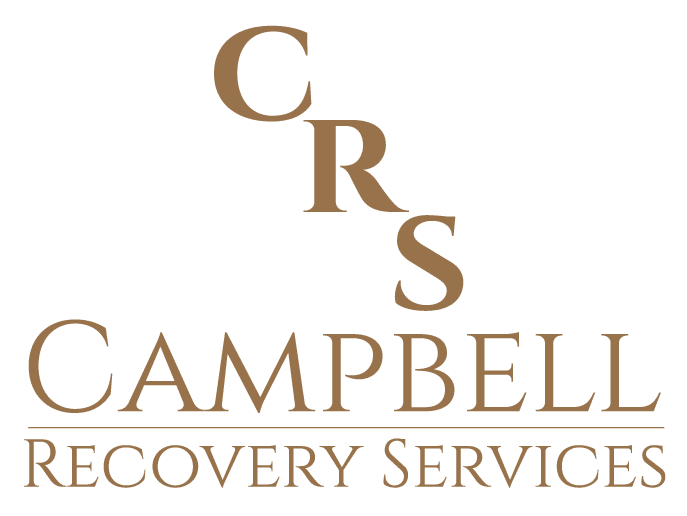Millions of individuals in the United States struggle with addiction, yet only a small fraction seek treatment. According to the National Survey on Drug Use and Health, over 22 million Americans aged 12 and older needed help for substance abuse in 2013, but fewer than three million received specialized care. One powerful approach to bridge that gap is intervention — a structured effort by loved ones to help someone recognize the impact of their substance use and accept the need for treatment.
At Campbell Recovery Services, we believe that interventions can be effective without being confrontational. The invitational intervention model offers a more collaborative, respectful way to address addiction while supporting the entire family system.
What Is an Invitational Intervention
Unlike traditional surprise interventions, the invitational model includes the person struggling with addiction in the process from the beginning. It is grounded in the belief that change is more sustainable when families work together and when the person feels empowered rather than ambushed.
The invitational approach prioritizes education, ongoing support, and relational healing. Families reach out to a professional interventionist, who then guides them through group meetings, workshops, or therapy sessions. The addicted individual is invited to participate — but even if they decline, the family moves forward with the process, creating an environment that supports recovery.
Why Families Matter in Addiction Recovery
Addiction rarely exists in isolation. It affects every member of the family in ways both visible and invisible. Families may unintentionally enable addiction or become stuck in cycles of fear, guilt, or resentment. The invitational model recognizes that when the family changes its patterns, the addicted individual is more likely to engage in recovery.
With the guidance of a trained interventionist, families learn how to set boundaries, communicate more effectively, and stop reinforcing destructive behaviors. This often leads to a shift in the entire family system — whether or not the addicted person chooses to attend treatment immediately.
CRAFT: A Leading Invitational Model
One of the most well-known forms of invitational intervention is Community Reinforcement and Family Training, or CRAFT. Designed by Dr. Robert Meyers, CRAFT helps family members learn new ways to interact with their loved one through structured therapy sessions.
CRAFT typically involves twelve to fourteen sessions over several weeks. Sessions teach practical skills such as positive communication, problem-solving, and how to recognize opportunities to encourage treatment. The individual with the substance use issue is always invited to attend, but even if they choose not to, families still benefit.
In studies, CRAFT has proven highly effective at engaging resistant individuals in treatment. One report published in the Journal of Substance Abuse Treatment showed that seventy-one percent of adolescents considered resistant entered treatment after their parents completed CRAFT.
Other Invitational Approaches
Motivational Interviewing is another form of non-confrontational intervention. Used in medical settings such as emergency departments, Motivational Interviewing relies on open-ended questions and empathetic dialogue to help someone explore their own reasons for change. Instead of pressuring the person to accept help, it creates space for them to acknowledge the consequences of their behavior and choose recovery for themselves.
Long-Term Support and Family Healing
Invitational models do not end after one conversation. Interventionists often maintain contact with families for six months or more. Follow-up support might include check-ins, referrals to therapy, or help navigating treatment options. The focus is on healing the whole system, not just “fixing” one person.
Unlike more confrontational approaches, invitational interventions are less likely to lead to feelings of shame or rejection. They foster accountability while preserving the dignity of the person in need of help. By taking a team-based approach, families can encourage change while also healing their own wounds.
Is an Invitational Intervention Right for Your Family
Every situation is unique. Some individuals respond well to structured, direct confrontation, while others shut down in the face of pressure. An invitational approach works well for families who want to heal together and support their loved one through education and patience.
If you are unsure which path is right for your family, Campbell Recovery Services can help. We work with trained interventionists who understand the different models and can guide you to the approach that aligns with your values and goals.
Call to Action
If someone you care about is struggling with addiction, reach out to Campbell Recovery Services. We will walk you through your options and help you find an intervention approach that prioritizes love, respect, and lasting change.





